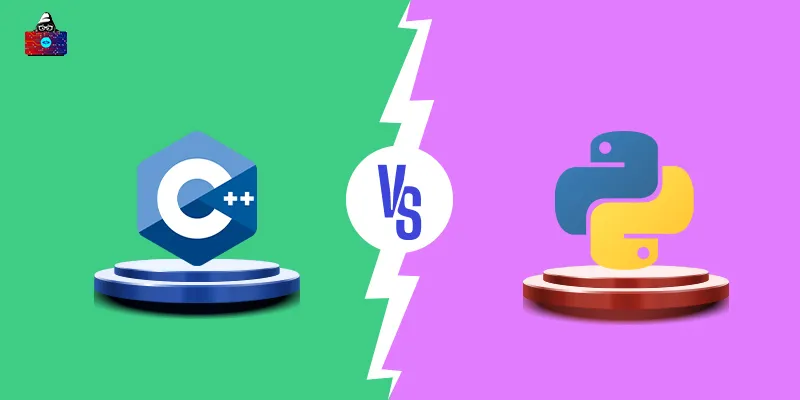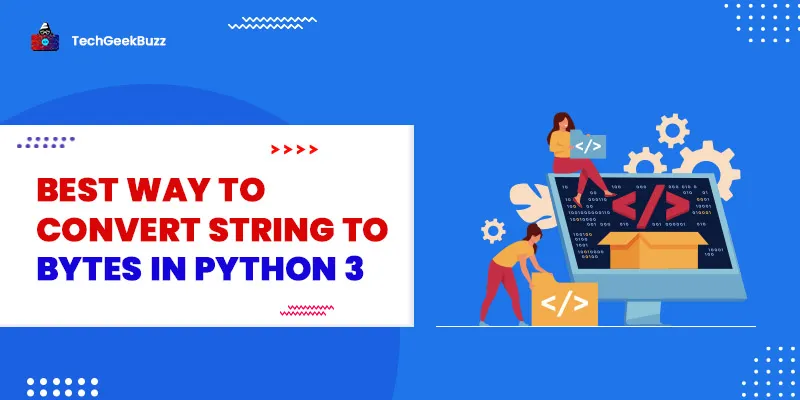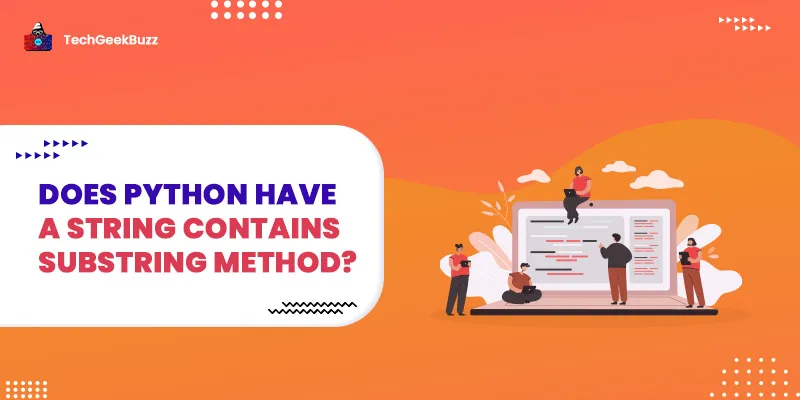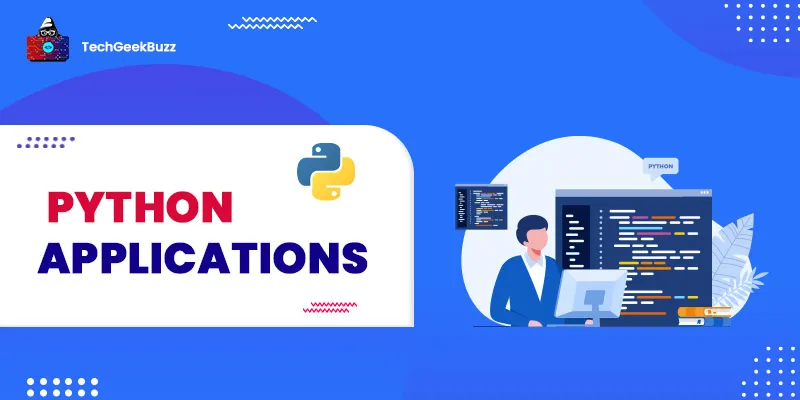The cycle of dwindling old technologies and emerging new ones is not new, and that’s why it’s said that in programming, you must focus more on logic and algorithms and less on the programming languages and technologies.
Here in this article, we are going to compare the two most prominent and powerful programming languages C++ and Python (C++ vs Python). While one is said to be the future of programming, the other has been the parent to many modern popular programming languages.
C++ vs Python: Head-to-Head Comparison
|
Factor |
C++ |
Python |
|
Translator |
C++ uses a compiler. |
Python uses an interpreter as a translator. |
|
Garbage Collection |
C++ does not support garbage collection. |
Python does support garbage collection. |
|
Memory Management |
In C++, memory can be managed manually. |
Python manages memory automatically. |
|
Programming Type |
C++ is statically-typed. Here the data type of the variable is defined along with the variable definition. |
Python is a dynamically-typed language. Here, we do not need to define the data type of the variable. |
|
Performance |
C++ code compiles and executes fast. |
Being a dynamically-typed language makes Python slow. This is so because the operation takes place at runtime. |
|
Learning Curve |
C++ is difficult to learn because it requires understanding core topics and concepts. |
Python is easy to learn. |
|
Library Support |
C++ has many libraries and packages. |
Python has more libraries than C++. |
|
Installation Process |
It's very easy to install C++ in a system. |
Installing Python is also very easy. Moreover, it comes pre-installed on macOS and Linux. |
|
Syntax |
C++ uses curly brackets to bind a block of code. |
Python uses indentation to bind the block of code. |
|
Access Modifiers |
In C++, we have access modifiers that define the private, public, and protected properties of a class. Further, read types of C++ Modifiers . |
In Python, we do not have access to modifiers in the class. Thus, developers use some conventional rules to describe private and public properties. For example, if the class property is started with a single underscore, then it would be considered the private property of the class. |
|
Community Support |
C++ has a huge and old community. |
Python has a huge and modern community. |
The C++ vs Python comparison is also very important because both are highly recommended programming languages for beginners. Thus, it's always a big question to choose one among the two.
Difference Between C++ and Python
For a beginner, it becomes a very tough choice to choose between C++ and Python. This further gets worse because the internet is replete with confusing and biased answers.
With this article, we hope to offer a clear idea to beginners when making the pick between Python and C++ as the first choice for beginning their programming journey in 2023.
Before comparing the two popular programming languages , let’s go through a brief introduction of each programming language and know some of their important features.
What is C++?
C++ is a general-purpose programming language and an extension of the C programming language. The main objective of creating C++ was to extend the concepts of C with object-oriented programming. Though C++ is a high-level programming language, its ability to work very close to the hardware - although not as close as C - makes it qualify for labeling as a low-level or mid-level programming language.
In C++, developers have manual control over memory management . This is opposite to other high-level programming languages, where memory management is automatic. Being a high-level programming language means you can write C++ code in a human-readable format, and that’s why it requires a translator that can translate C++ human-readable code to machine language code.
C++ uses a compiler as a translator, which compiles the C++ code into a byte or binary code, which is later executed by the system.
Features
Some salient features of C++ are, as listed below:
- Object-Oriented Programming: C++ is an object-oriented programming language. Meaning that it supports all OOPs concepts, such as classes, objects, inheritance, encapsulation, abstraction, and polymorphism.
- Machine-Independent: C++ code is machine-independent and not platform-independent. Consider you have written a C++ code that can run on Windows, Linux, and Mac systems. However, its executable file will not run on different operating systems.
- High-Level: As C++ is a high-level language, it is closely associated with human-understandable English language.
- Case-Sensitive: C++ is a case-sensitive language. The uppercase and lowercase characters have different meanings in C++. For example, we use 'cin' to take input from the users. If you use 'Cin", it won't work.
- Compiled-Language: Being a compiled language, C++ generates an executable file after compilation, which is used to run to get output.
- Dynamic Memory Allocation: C++ supports the use of pointers, which allows us to allocate memory dynamically.
Advantages
The following are the remarkable advantages of C++:
- It is popular to develop desktop applications.
- This programming language is closer to the system hardware.
- It is the inspiration for many high-level programming languages.
- C++ is a statically-typed programming language.
- It is one of the fastest programming languages.
- It is ideal for developing software for small gadgets, such as smartwatches and IoT sensors, because it is light and fast.
Disadvantages
Here are some major downsides of C++:
- Pointers in C++ consume a lot of memory.
- Though C++ provides high-level security than other programming languages, there are still security issues due to friend functions, pointers, and global variables.
- It does provide the feature of automatic garbage collection.
- It has a strict syntax. As a result, a little mishap produces errors.
- C++ does not support built-in threads.
Hello World Program in C++
#include<iostream.h>
#include<conio.h>
void main()
{
cout<<"Hello World";
getch();
}
What is Python?
In the last ten years, Python has gained too much hype, and now it has become one of the most popular programming languages. The new buzzwords in the IT industry that includes data science, AI, and machine learning helped to boost the popularity of the programming language.
Developed by Guido van Rossum in 1991, Python is a general-purpose, multi-paradigm, and high-level programming language. Also, it is one of the most simple to learn programming languages thanks to its pseudo-English syntax.
Other high-level programming languages use curly brackets and semicolons in code, while Python uses indentation, which gives Python code a clean look and makes it easy to write the Python code.
Python is a dynamically-typed programming language, which means the data type of the variables in Python is decided at the runtime.
Features
Some major features of Python are as follows:
- Object-Oriented: Python is an object-oriented language. Meaning that it supports encapsulation, inheritance, polymorphism, and abstraction.
- Extensible Language: We can embed Python code in C and C++ programs. Also, we can compile that code in C and C++ languages.
- High-Level Language: As Python is a high-level language, you do not have to worry about memory management and remember the system architecture.
- Interpreted Language: Python is an interpreted language. Meaning that an interpreter executes Python code line by line.
- Standard Library: Python has a standard library, which provides ready-to-use modules and functions. These modules and functions help you write Python code quickly.
- Dynamically-Typed Language: You do not have to specify the data type of variable while declaring them in the Python program.
Advantages
Here are some noteworthy benefits of Python:
- Python is a free and open-source programming language.
- It is very easy to learn and code since it has a simple syntax that uses English keywords.
- Python is a highly flexible programming language.
- It is a productive language. This is because the syntax is easy and developers can focus on problem-solving.
- It has backing from a huge and proactive community.
Disadvantages
The following are the major drawbacks of Python:
- As Python is an interpreted language, an interpreter executes the program line by line. Hence, it results in slow speed.
- Python is memory-inefficient. This is because Python programs consume a lot of memory.
- It is weak in mobile computing.
- The database layer of Python is underdeveloped.
Hello World Program in Python
print("Hello World")
Python vs C++: Which Programming Language Should a Beginner Choose in 2023?
I have worked with both programming languages. I started my coding journey with C++, and then I shifted to Python, just because it was one of the treading programming languages.
While coding in C++, I got acquainted with various basic data structures and learned every basic thing such as Data Types , Data Structure, control flow, Object-Oriented Programming, etc. The programming concepts are the same in all the High-Level programming languages. I noticed the only difference is in their syntax.
The syntax of a programming language makes it difficult and easy to learn. If we compare the syntax of python and C++, you will see that Python is more legible than C++.
On the basis of my experience, I would suggest a beginner learn the basics of C++ first, and then move on to learn Python. Because Python could look easy at first glance, but when you go deep into Python you will find it more confusing and complex.
In C++, we have different implementations for different concepts. On the other hand, in Python, all things are mixed together. If you have no idea about constructor, destructor, and static and dynamic binding which are very well defined in C++, you will have a hard time understanding the OOPs concepts of Python.
Conclusion
Both the programming languages have their own distinct set of features. Also, most of their major features are completely contradictory. Nonetheless, C++ has influenced Python a lot, and that’s why we cannot ignore C++.
For software development and scripting, developers use C++. It’s true that in the last ten years, Python has gained too much popularity among developers. Nowadays, it is used everywhere, but C++ is also a very popular programming language and among the best languages for beginners.
Moreover, C++ covers most of the core concepts of programming. From procedural to object-oriented programming and from static to dynamic binding, C++ covers many important concepts.
If you like this article or have any suggestions related to this article, feel free to let us know by filling the comments form. Your feedback will help us to improve our work.
People are also reading:




